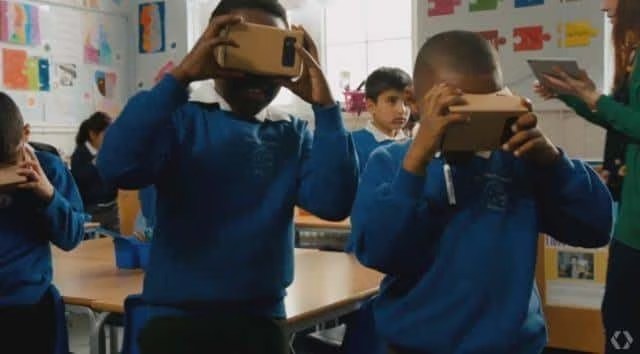The Future of Education

The future of education is fascinating. I see a few things happening simultaneously with it, and I want to capture them here.
Traditional brick and mortal schooling is fading in reputation because the quality has massively diluted over the last two (or so) decades. A degree is less likely to guarantee a level of quality or competence than it used to.
Non-Traditional schooling is gaining prominence, both because traditional approaches are getting worse and because the notion of remote anything/everything is becoming more accepted.
Because the overall penetration of higher education is increasing, and the quality is falling as a result, many are thinking more about assessment-based vetting rather than giving credit for simply having endured a period of time.
This means hiring companies and schools are likely to start thinking about validation through testing (or accepting accreditation from schools that use fairly standardized testing as a criteria for completion).
Many top-end institutions, with the best professors in the world, are now starting to give away their lectures and exercises for free.
The content is also being put online for everyone in the world with an internet and a mobile device to consume.
The combination of these effects could start act like a prism, and have the effect of breaking traditional education into its components of: 1) presentation of high-quality material, 2) hands-on learning/building/practicing, and 3) validation and verification that the student has a level of competency in the subject.
It’s a modular approach, and modular approaches are great for the internet.
Imagine some organizations just creating or curating the best possible lecture and presentation material for whatever subject. Then another group that creates and/or facilitates the best possible exercises and hands-on activities. Building, breaking, implementing, practicing. And finally another group of organizations that excels at ensuring that individuals have mastered the material in question.
The fourth piece of the mix would be the groups that want to hire and use educated / trained people. They would of course go to the testing organizations and figure out which of them had the credentials that were most correlated with success in a particular subject.
Longer term
The long game here is—you guessed it—machine learning.
You’ll tell the system what kind of job you want, and an education service will build you a customized curriculum. The more data you give it, the better that curriculum will be customized for you.
Same for employers. They’ll know the best combination of exposure to ideas, practice, and credentials work best for their jobs, and they’ll have recommendations built right into their openings.
The class element
There is another element that I left out of the equation. Ivy League education doesn’t just proxy intelligence; it also proxies family quality and class. Not always, but often.
There will be education components that focus on this as well. They may integrate with the lecture content, hands-on components, and certification pieces from above, but they’ll emphasize the elitist piece of the mixture.
Top-end facilities at a beautiful physical campus, lots of exclusive sports and activities, and most importantly—lots of networking with other successful people. It’s like prep school, private school, and every other exclusive type educational organization that we’ve had for hundreds of years. The difference is that it’ll have the best of the actual education components integrated in from outside, and those will be overlaid on what’s basically training for country clubs and executive board rooms.
Summary
Education gets broken out into its component parts of: a) the world’s best lectures delivered online, b) a hands-on component, c) the testing/validation/certification, and d) any social/class-based exclusivity.
The different entities in the equation care about different pieces of that mix, with the most important piece being the employer who wants to validate that people have a level of competency in the thing they’re being hired for. Everything else is secondary to that from a practical standpoint.
Machine Learning will ultimately be the death of traditional education because it will dissect where true talent and capability actually derive from. Some people might just need to listen to some lectures and practice. Others might need years of disciplined study. Still others might be unable to gain the requisite level of competency no matter what they do. And Machine Learning will be scary good at telling the difference.
TL;DR: Expect education to become far more modular and results based. The only thing that will matter is predictive power for how well you’re likely to be able to perform a given task.